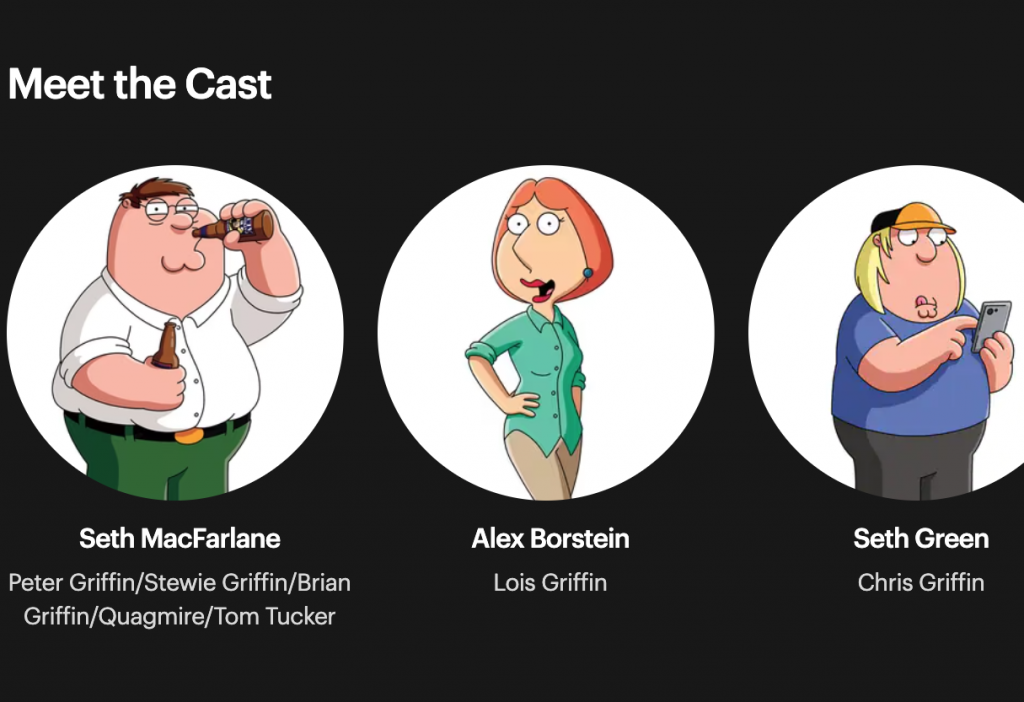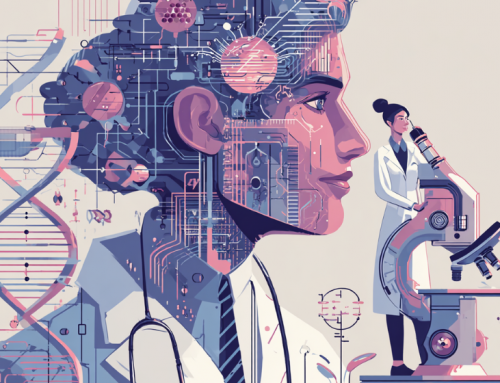
The ‘Family Guy’ cartoon, created by Seth McFarland, is one of the copyrighted works used by Midjourney in training it to create art. (Source: fox.com/family-guy/)
Latest Copyright Suit Filed by Filmmakers Tim Burton, Hayao Miyazaki and Seth MacFarlane
Thousands of artists, including famous names like Norman Rockwell and Wes Anderson, have been listed in a viral document that reveals their work was used to train an AI art generator, according to a story on nbcnews.com. The list of 4,700 individuals gained attention after artist Jon Lam shared it on a popular platform. The list was presented as evidence in a lawsuit against companies such as Midjourney, Stability AI, DeviantArt, and Runway AI. These companies are accused of using copyrighted work from artists without permission to train their generative AI systems.
Midjourney, in particular, has been heavily criticized by artists who claim that the company used their work without consent. In addition to the court exhibit, a spreadsheet containing almost 16,000 proposed additions to Midjourney’s style list was shared on social media. The founder of Midjourney, David Holz, allegedly shared this list in the company’s public Discord server. The lack of regulation surrounding AI-generated art has been a cause of frustration for many artists, as the popularity of apps like Lensa and Epik has led to the commercialization of machine-generated images based on artists’ styles.
The issue raises questions about whether it is fair to profit from mass-produced images created by AI models that imitate the styles of real-life artists. A group of artists, including many named in Midjourney’s list, filed a class-action lawsuit. They argue that what is labeled as “artificial intelligence” is actually built upon billions of artworks copied from the internet, without the consent or compensation of the original artists.
The document containing the artist list was initially accessible to the public but has since been closed. However, an archive of the spreadsheet remains available online. Artists have expressed concerns that generative AI programs produce images directly copied from their works, rather than innovating new art styles. This suspicion is fueled by the inclusion of scrambled artist signatures in AI-generated images and the ability for users to request images in the style of specific artists.
Midjourney, which operates on a subscription-based model, continues to generate revenue from its AI art services. This has led to a saturation of machine-derived versions of artists’ works, causing financial challenges for many artists who struggle to compete in a market flooded with AI-generated content.
Similar concerns about AI and creative industries have emerged in Hollywood, where labor unions negotiated new protections in contracts with major studios. The use of AI to replicate actors’ likenesses now requires consent and payment. The issue highlights the need for better regulation and protection of artists’ rights in the rapidly evolving landscape of AI-generated art.
The list of artists involved in the lawsuit includes notable figures such as Phil Lord, Christopher Miller, Matt Groening, Seth MacFarlane, Hayao Miyazaki, and Tim Burton. The spreadsheet compiled by Midjourney features over 20,000 artist names, including classic painters, sculptors, contemporary cartoonists, and animators.
David Holz, the founder of Midjourney, has acknowledged that he did not seek consent from living artists or those whose works are still under copyright. He expressed the difficulty of tracing the origins of a large number of images and suggested the need for embedded metadata to identify copyright owners.
The controversy surrounding the use of artists’ work to train AI generators highlights the complex ethical and legal challenges posed by AI-generated art and the need for greater accountability and protection for artists in this emerging field.
read more at nbcnews.com







Leave A Comment